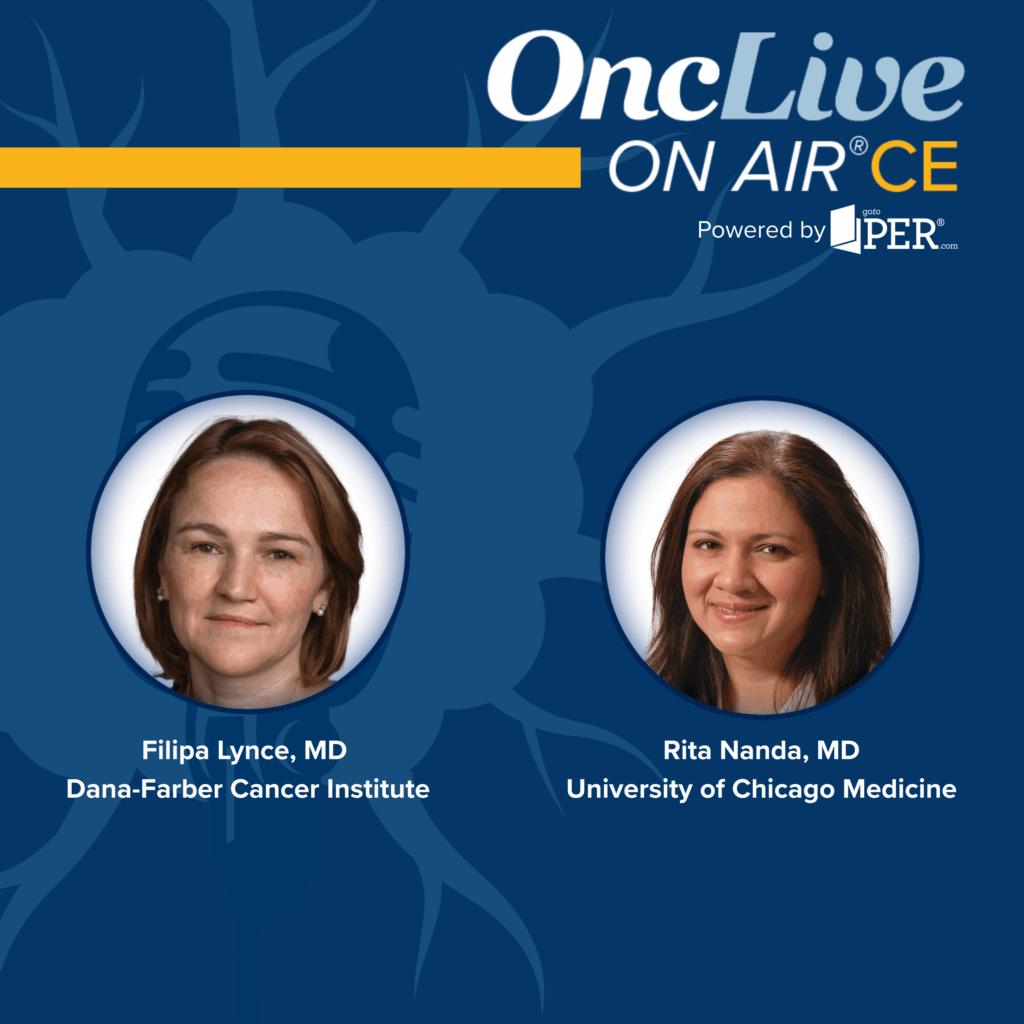
A recent podcast featured leading experts discussing the latest findings on TROP2-targeted antibody-drug conjugates (ADCs) and their potential in treating advanced triple-negative breast cancer (TNBC). The discussion, led by Dr. Aditya Bardia and Dr. Erika P. Hamilton, focused on the efficacy and safety of combining these novel therapies with immune checkpoint inhibitors.
Dr. Bardia, a professor of medicine at the Geffen School of Medicine and program director of Breast Medical Oncology at the UCLA Health Jonsson Comprehensive Cancer Center, highlighted the importance of these advancements. He mentioned that the combination therapies could significantly improve treatment outcomes for patients with TNBC, a particularly aggressive form of breast cancer with limited therapeutic options.
The podcast explored various clinical trials currently underway, emphasizing the need for continued research to establish the optimal use of TROP2-targeted ADCs. Dr. Hamilton, who serves as the director of the Breast Cancer Research Program at the Sarah Cannon Research Institute, underlined the potential for these therapies to change the landscape of TNBC treatment. She noted, “With ongoing trials and emerging data, we are optimistic about the role these novel ADCs can play in improving patient survival rates.”
The discussion also acknowledged the educational support received from Gilead Sciences, Inc., a company actively involved in oncology research. The podcast serves as a continuing education resource for healthcare professionals, aiming to enhance their understanding of cutting-edge treatments in breast cancer therapy.
Both experts possess extensive backgrounds in oncology and have numerous affiliations with pharmaceutical companies, which they disclosed to maintain transparency. Dr. Bardia has consulted for companies including Eli Lilly and Novartis, while Dr. Hamilton has collaborations spanning multiple organizations such as Pfizer and Roche/Genentech.
This podcast is part of a broader initiative to educate healthcare providers about the complexities of TNBC and the innovative strategies emerging in the field. It emphasizes the critical need for healthcare professionals to stay informed on the latest developments in cancer treatment.
The release date for this educational podcast was September 23, 2025, with an expiration date set for September 23, 2026. Interested parties can access further insights and case-based discussions on TROP2-targeted ADCs by visiting the dedicated educational platform.
Listeners are reminded that the information presented in this podcast is for educational purposes and should not replace clinical judgment. The opinions expressed are those of the individual faculty members and do not necessarily reflect the views of the sponsoring organization or any affiliated entities.
As research continues to evolve, the fight against TNBC may see transformative changes, driven by innovative therapies and collaborative efforts among experts in the field.







